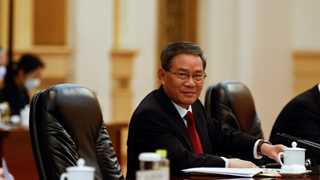This week was defined by rising geopolitical tensions and defensive market movements amid growing global uncertainty.
The US Federal Reserve lowered its 2025 growth forecast to 1.7% and raised its inflation projection to 2.7%, citing the economic impact of President Donald Trump's new tariffs. While interest rates remain unchanged, the Fed announced it will slow its quantitative tightening program starting in April. Central banks in the UK, Japan, and the eurozone warned of global spillover risks and declining trade. Emerging markets like Mexico and Canada appear particularly vulnerable due to their export dependence on the US.
On Wall Street, major indices posted modest gains after weeks of losses: the S&P 500 and Dow Jones rose by 0.08%, while the Nasdaq climbed 0.39%. Despite this uptick, year-to-date performance remains negative, with signs of consumer fatigue and growing concern over labor market stability.
In the Middle East, Israel broke the ceasefire with Hamas on March 18, launching a massive airstrike campaign on Gaza that killed over 400 people, mostly civilians. In Yemen, the US carried out airstrikes against Houthi positions in retaliation for renewed attacks on Red Sea shipping routes.
EU leaders reaffirmed their support for Ukraine and approved a common defense strategy. Meanwhile, North Korea successfully tested a new anti-air missile system under Kim Jong Un's direct supervision, signaling deepening military ties with Russia.
On the Ukrainian front, the US-brokered negotiations suggest a possible temporary ceasefire. Western governments remain skeptical, and analysts note that Putin appears more focused on preparing for a prolonged war than negotiating peace.




